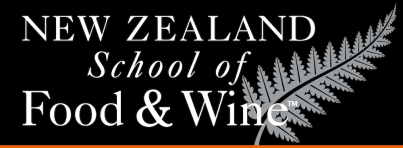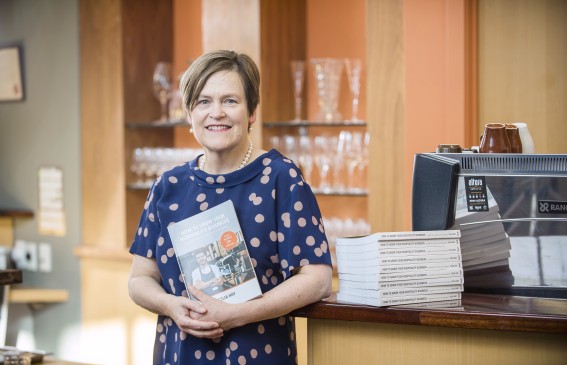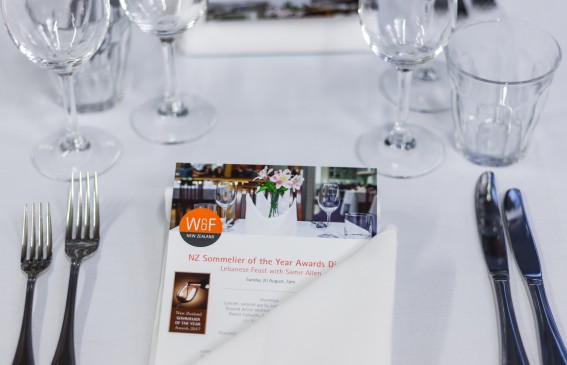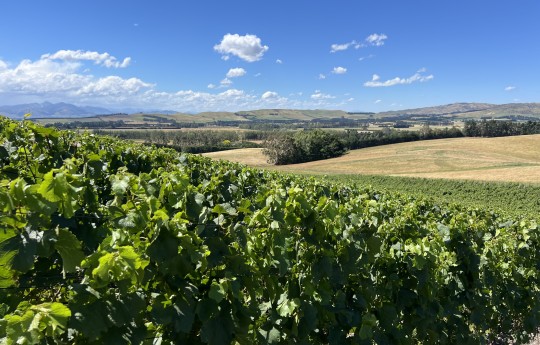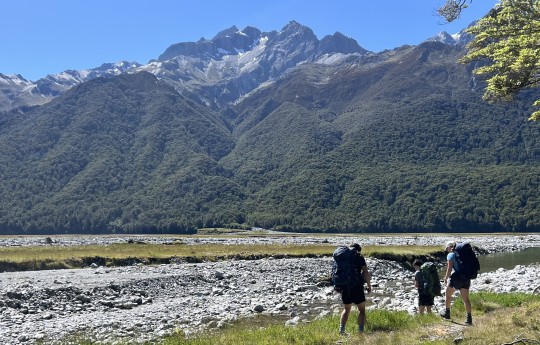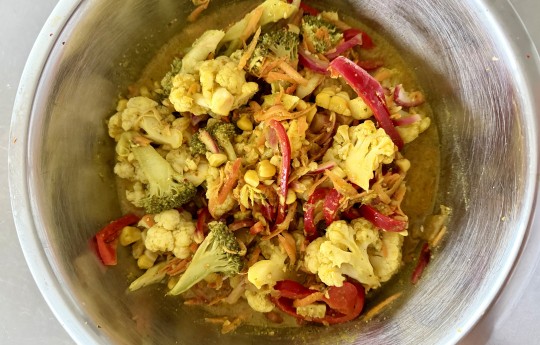Women in Wine: Celia Hay on making the most of lockdown
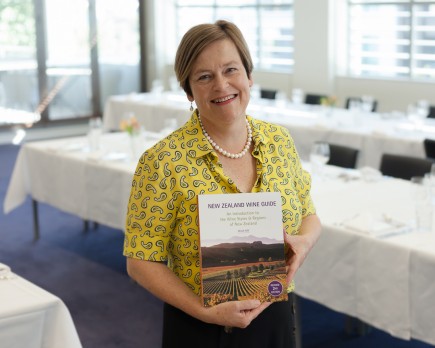
Celia Hay
It's been 10 years since the Christchurch earthquake forced Celia Hay out of her food and wine business in the city, and 2021 was another challenging year.
But Auckland's Alert Level 3 lockdown provided the founder and owner of the New Zealand School of Food & Wine with impetus to exercise, work and dine well. "We've eaten restaurant level meals, at home," says Celia, who tapped into fresh healthy ingredients from local stores in lieu of supermarket visits. "It's one of a bunch of positive things that have happened during lockdown, which was an enabler in some serious ways."
During the long uncertain months of tight restrictions, Celia walked and ran 50 kilometres a week and wrote new food and wine qualifications. She is now launching her series of NZQA micro-credentials - short part-time courses based on topics that would normally be covered in longer qualifications.
Celia, who runs the school from downtown Auckland, but founded it in central Christchurch in 1995, is an ardent promoter of how we can build a better culture of food in New Zealand.
“It begins in lots of small ways like sourcing food locally and only buying what you need so there is no food wastage. This will save money, but also how we store food is important so that you don’t have a fridge full of half-eaten containers with food perishing in front of you. I use the local fish shop in Parnell, I go to the butchery locally where there are offcuts that make great meals, and I go to a small Cambodian-owned vegetable shop.”
“It begins in lots of small ways like sourcing food locally and only buying what you need so there is no food wastage. This will save money, but also how we store food is important so that you don’t have a fridge full of half-eaten containers with food perishing in front of you. I use the local fish shop in Parnell, I go to the butchery locally where there are offcuts that make great meals, and I go to a small Cambodian-owned vegetable shop.”
“It begins in lots of small ways like sourcing food locally and only buying what you need so there is no food wastage. This will save money, but also how we store food is important so that you don’t have a fridge full of half-eaten containers with food perishing in front of you. I use the local fish shop in Parnell, I go to the butchery locally where there are offcuts that make great meals, and I go to a small Cambodian-owned vegetable shop.”
Celia was able to re-establish her school in Customs Street West, Auckland. It was a significantly more expensive option than running a business from her own building and, for a time, she harboured hopes of reopening the Christchurch school, keeping her staff on paid leave. But it wasn’t to be.
The Auckland-based school now runs significantly more courses and New Zealand qualifications than the Christchurch one did, from barista training to cocktails, mixology to sommelier skills. “I’m also trying inspire young people to like food and wine and see that long-term career opportunities in hospitality do exist. We all love to eat out and we do need people to work and manage these businesses. We need to move pass the perception that this is just a part-time job while studying.”
The Auckland-based school now runs significantly more courses and New Zealand qualifications than the Christchurch one did, from barista training to cocktails, mixology to sommelier skills. “I’m also trying inspire young people to like food and wine and see that long-term career opportunities in hospitality do exist. We all love to eat out and we do need people to work and manage these businesses. We need to move pass the perception that this is just a part-time job while studying.”
“One of the things we know about lockdown is that people cooked at the time, so they are loving cooking, but there is still a disconnect between people who love to cook and those who want to train and get better at it.”
Celia certainly understands the latter, having acquired not only a Masters in Education, but also the Wine & Spirit Education Trust’s higher qualification, the diploma. Last year she taught over 70 people the Certificate in New Zealand Wine micro-credential online. Students are sent a case of wine and there is an interactive session where Celia presents digitally, teaching how to approach wine tasting. These courses are targeted at the trade as well as the general public.
“They will make consumers more educated and people working in the sector feel more confident to communicate in a positive way about what they are serving. When a person becomes more knowledgeable, they will become more respectful about what goes into food preparation and this translates in their lives positively.”
The most rewarding aspect of her career to date is communicating about New Zealand food and beverages, inspiring others to learn, Celia says. An example is teaching liquor licensing online, which she brings history into, including New Zealand being the first country to give women the vote and the history of the licensing trusts that grew from this. “I feel I’m doing my duty talking about women’s suffrage and also New Zealand’s history because in the wine courses I teach, I always mention James Busby, one of the drafters of Te Tiriti o Waitangi, who brought vines from Europe and made wine at the treaty house.”
Celia is a published author with five books, including two editions of the New Zealand Wine Guide and three of her own hospitality guides. She continues to research the history of food and beverages in New Zealand.
